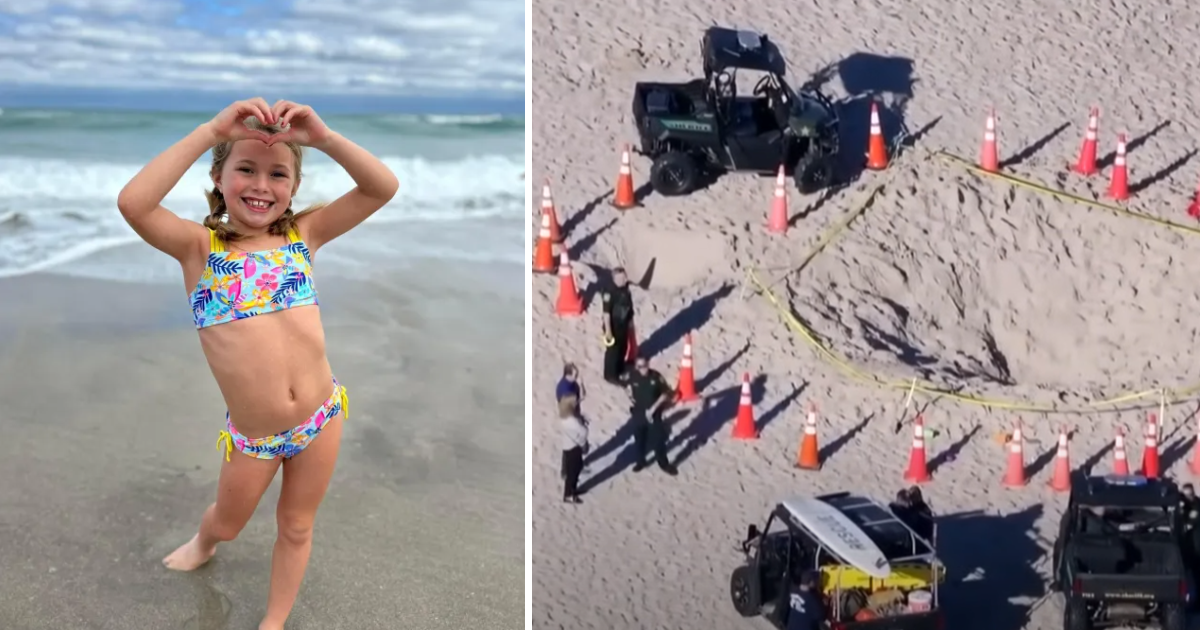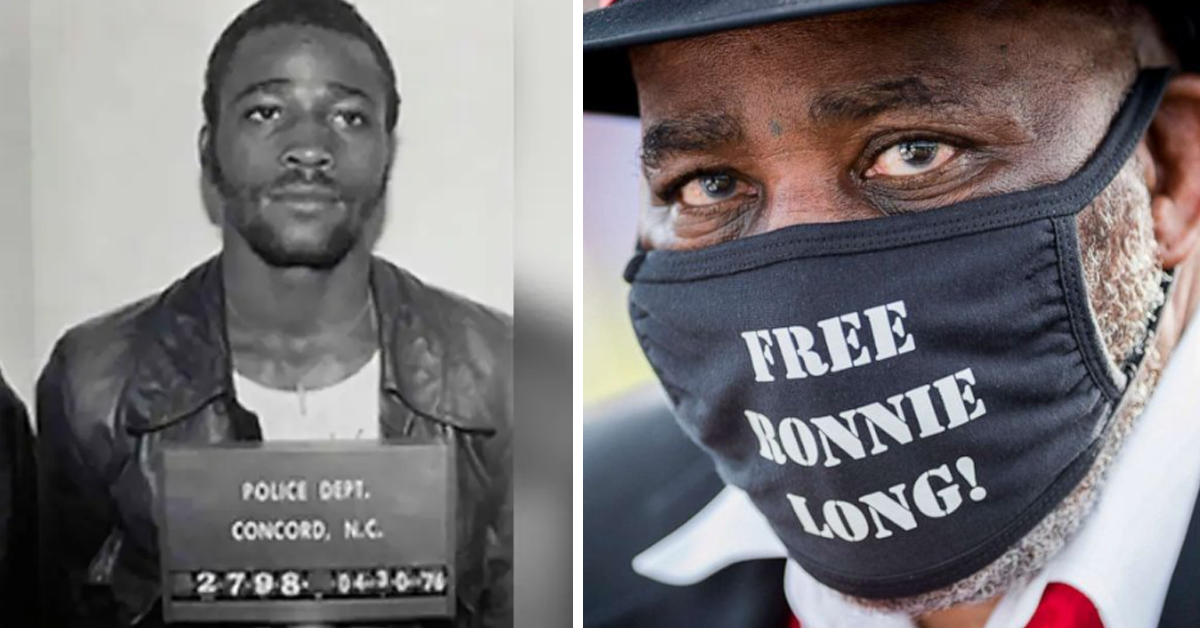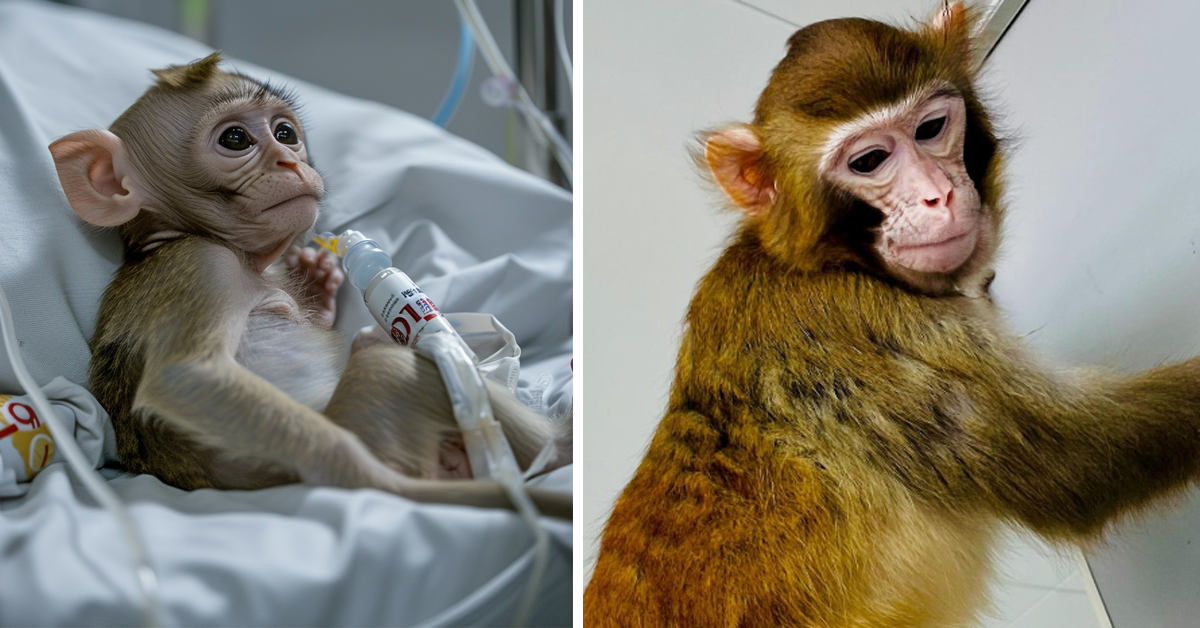Girl Loses Life In Tragic Sand Hole Accident While Playing At Beach

They dismissed her agony as ‘bad periods,’ and it cost her everything.

Periods; that time of the month that most women endure with gritted teeth, a heating pad, and maybe a tub of ice cream.
For years, society has conditioned women to soldier through pain, particularly when it comes to periods. It’s “just cramps,” they say. “Pop a painkiller and get on with it.”
But what happens when the pain isn’t just cramps? What happens when that monthly visitor isn’t just a nuisance but a life-altering nightmare?
This wasn’t a hypothetical scenario for Sophie Bunton—it was her harsh reality. What started as “bad periods” soon spiraled into a 15-year saga of pain, frustration, and devastating loss.
For Sophie, the nightmare began at 13, when her first period brought waves of pain so severe they left her bedbound. School days were missed, and friendships faltered as she retreated into isolation; the pain became a shadow she couldn’t escape no matter how hard she fought.
By 15, she was handed birth control pills as a Band-Aid solution. Unfortunately, they came with side effects that made her wonder if the cure was worse than the disease.
The years rolled by, and with them came more doctors, more dismissals, and more unanswered questions. Then, at 19, Sophie’s world shattered—her first miscarriage. If only she knew this was just the first in a series of devastating losses.
By 21, she had lost a second baby. Over the next decade, six more pregnancies ended in heartbreak. Yet, despite her repeated cries for help, doctors continued to wave away her symptoms as “common” or “just bad periods.”
But bad periods don’t make you lose eight babies. Bad periods don’t leave you feeling like a prisoner in your own body.
 Kennedy News & Media
Kennedy News & MediaOver time, the pain became so intense she likened it to being stabbed repeatedly. The physical toll was matched only by the emotional one: watching friends and family embrace motherhood while she faced loss after loss.
It wasn’t until this year, after invasive surgery, that Sophie finally got her answer: stage four endometriosis and adenomyosis. At 30, Sophie finally got her first proper diagnosis—although it came a little too late.
“I felt neglected,” Sophie says, recounting the endless cycle of referrals, unanswered calls, dismissals and worsening symptoms.
 Kennedy News & Media
Kennedy News & MediaEndometriosis is a gynecological condition where tissue similar to the lining of the uterus grows outside it, wreaking havoc on surrounding organs. Adenomyosis occurs when similar cells grow inside the uterine muscle itself.
For Sophie, these conditions had silently invaded her body, clinging to her bladder, bowels, and uterus. They cause unbearable pain, and she believes they triggered all eight of her miscarriages.
This silent thief had been robbing her of her health, her happiness, and her chance at motherhood for years. Worse still, the delay in diagnosis left her feeling neglected by a medical system she had relied on for help.
Endometriosis is an invisible disease, often misunderstood and underdiagnosed. For Sophie, it wasn’t just about the physical pain—it was the social stigma. “People would ask why my stomach was so big or assume I was pregnant,” she says, describing the constant judgment she faced.
Now, Sophie is channeling her grief into purpose. She’s sharing her story to urge women with similar symptoms to demand answers. “Keep pushing,” she says. “Don’t let them dismiss you like they did me.”
Sophie’s message is clear: women’s pain is real, and it deserves to be heard. Her bravery in speaking out reminds us that behind every statistic is a person, a story, and a fight worth telling.





